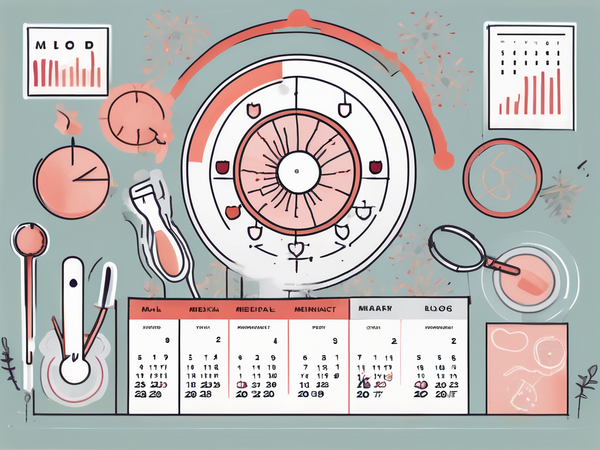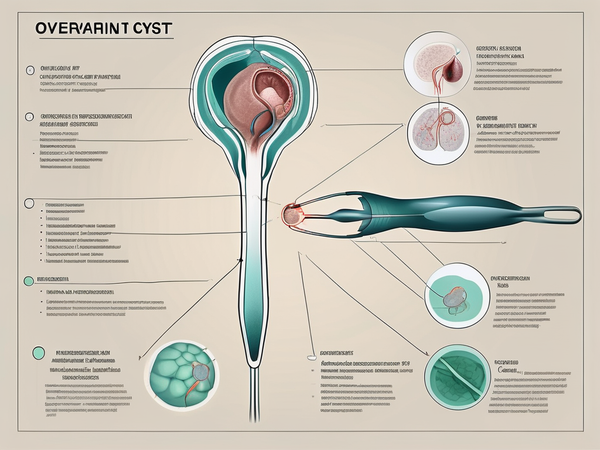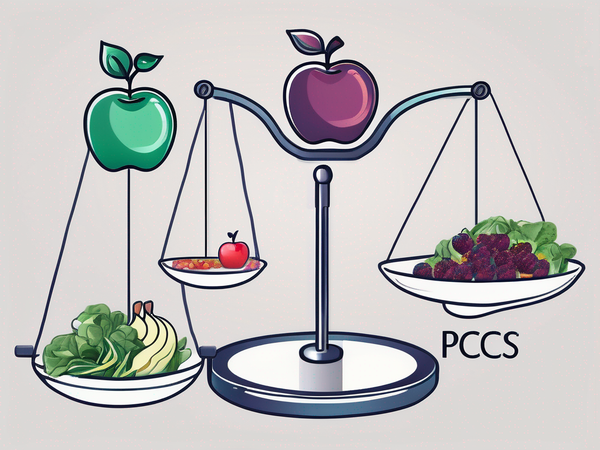World Breastfeeding Week (WBW) is celebrated from the 1st to the 7th of August in around 120 countries across the globe. This week is celebrated to inspire, promote and foster breastfeeding among mothers by educating them about how nutritious and beneficial breast milk is for an infant.
What's more, WBW urges individuals to understand the problems of breastfeeding mothers, recognize their needs, and provide them with complete support. And one such problem a breastfeeding mother faces is the inability to produce enough breast milk. If you're facing a similar issue, this blog is for you.
Here, we will discuss five practical ways to help new mothers improve their breast milk production. But before that lets get to know the what and how of the World Breastfeeding Week (WBW).
The World Breastfeeding Week: A Brief History
The weeklong celebration of breastfeeding first began in 1992 and continues to be a significant event to date. It's organized by World Alliance for Breastfeeding Action (WABA). The purpose of celebrating Breastfeeding week, as stated above, is to promote, support, protect, and encourage breastfeeding women around the world and, most importantly, celebrate breastfeeding.
Each year WABA declares a slogan for the WBW. This year, it is "Protect Breastfeeding: A Shared Responsibility." No matter how and in what way you choose to participate, your involvement in the breastfeeding week will make a difference in the lives of new mothers and their babies.
Ways to Improve Production of Breast Milk
If you have just started breastfeeding and are worried if your baby is getting enough milk and wondering about ways to increase the milk supply, don't worry. Here we are with five wonderful ways to do that: -
1. Optimum Hydration
Dehydration and feeling feel drained out or dizzy are common in breastfeeding mothers. And a dehydrated body is often less capable of producing enough milk as compared to a hydrated body. Therefore, you must keep yourself hydrated when you're breastfeeding.
Ideally, you should consume 32 more ounces of water than your general bodily requirement. This will help you keep your body hydrated and produce milk as required by your little one.
Pro Tip: Keeping yourself hydrated doesn't mean you need to consume only water. You can also go for coconut water, water infused with fruits and lemon, and clear soups, broths, buttermilk etc.
2. Consume a Nutritious Diet
A nutritious diet is as important as keeping yourself hydrated when it comes to healthy breastfeeding. Make it a point to consume enough healthy foods consisting of nutrients that your body and baby need.
Make sure to include galactagogues in your diet that will help promote your breast milk production. Galactagogues are the specific food, herbs, supplements, or even prescriptive medicines that assist in breast milk production. Do not forget to add plant based multivitamins as they play a key role along with a balanced diet to provide optimum nutrition and protects the mother and the baby from the nutritional deficiencies.
P.S. Make sure you consult your healthcare advisor before you consume galactagogue or any vitamins for proper guidance.
3. Feed Frequently
Feeding your baby frequently is quite important as your body works on the system of demand and supply. It means if you feed your baby every 2-4 hours, the milk supply will increase naturally.
Also, don't feed your baby according to a particular schedule. Instead, feed whenever the baby looks hungry.
What's more, nurse the baby frequently because as babies grow, they feel hungry more often.
4. Proper Rest
While being a mother is a pretty joyful experience, it's equally tiring, especially during breastfeeding. You may feel lethargic and sleeping more frequently. However, that's pretty normal, and you should deal with that accordingly. How? By making time for yourself to rest and sleep. Doing this will help your body recover from fatigue and thus produce more milk.
Pro Tip: Oil massages really work like magic when it comes to relieving pain and relaxing your body.
5. Go For Reliable and Natural Supplements
Consuming too many tablets and capsules to meet your increased nutritional needs can be challenging. Opt for Natural supplements like Slow Post Natal come packed with the perfect number of vitamins for your body that will help in producing enough amount of breast milk to feed your baby in a daily serving. Lactating women must primarily aim to get their nutrients from food and can stick to supplements like Slow Post Natal to fill the nutrient gaps.
Why Slow Post Natal?
Slow Post Natal capsules are scientifically formulated multivitamins for lactating women to nurture their babies and also maintain their nutritional and overall health status. It is great for breast milk production, protecting bone density and blood formation, and increasing immunity.
The multivitamins consist of fenugreek oil which is the fast acting oil and also helps increase breast milk production, Vitamins B1, B2, B3, B4, B5, B6, and B7 for mood and energy, and Vitamin B9 for iron absorption and development of red blood cells and zinc for fast DNA and tissue development.
You can consume healthy Slow Post Natal along with your meal like breakfast and lunch.
Takeaway
Mothers, especially new ones, often struggle to produce the right amount of breast milk for their newborns. However, in most cases, it's completely normal and can be rectified if you stay hydrated, consume a nutritious diet, feed frequently, rest more, latch the baby properly and opt for Post Natal.
References
Infant and Young Child Feeding: Model Chapter for Textbooks for Medical Students and Allied Health Professionals. Geneva: World Health Organization; 2009. SESSION 2, The physiological basis of breastfeeding. Available from: https://www.ncbi.nlm.nih.gov/books/NBK148970/Karapati E, Sulaj A, Krepi A, Pouliakis A, Iacovidou N, Paliatsiou S, Sokou R, Volaki P, Boutsikou T, Iliodromiti Z. Mothers in Need of Lactation Support May Benefit from Early Post Natal Galactagogue Administration: Experience from a Single Center. Nutrients. 2021 Dec 29;14(1):140. doi: 10.3390/nu14010140. PMID: 35011014; PMCID: PMC8747006. https://www.ncbi.nlm.nih.gov/pmc/articles/PMC8747006/.
Kent JC, Prime DK, Garbin CP. Principles for maintaining or increasing breast milk production. J Obstet Gynecol Neonatal Nurs. 2012 Jan-Feb;41(1):114-121. doi: 10.1111/j.1552-6909.2011.01313. x. Epub 2011 Dec 12. PMID: 22150998. https://pubmed.ncbi.nlm.nih.gov/22150998/
Kalarikkal SM, Pfleghaar JL. Breastfeeding. [Updated 2021 Jul 26]. In: StatPearls [Internet]. Treasure Island (FL): StatPearls Publishing; 2022 Jan-. Available from: https://www.ncbi.nlm.nih.gov/books/NBK534767/
Deniz BF, Confortim HD, Deckmann I, Miguel PM, Bronauth L, de Oliveira BC, Barbosa S, Cechinel LR, Siqueira IR, Pereira LO. Folic acid supplementation during pregnancy prevents cognitive impairments and BDNF imbalance in the hippocampus of the offspring after neonatal hypoxia-ischemia. J Nutr Biochem. 2018 Oct;60:35-46. doi: 10.1016/j.jnutbio.2018.06.008. Epub 2018 Jul 5. PMID: 30064014. https://pubmed.ncbi.nlm.nih.gov/30064014/
Khan TM, Wu DB, Dolzhenko AV. Effectiveness of fenugreek as a galactagogue: A network meta-analysis. Phytother Res. 2018 Mar;32(3):402-412. doi: 10.1002/ptr.5972. Epub 2017 Nov 30. PMID: 29193352. https://pubmed.ncbi.nlm.nih.gov/29193352/

























